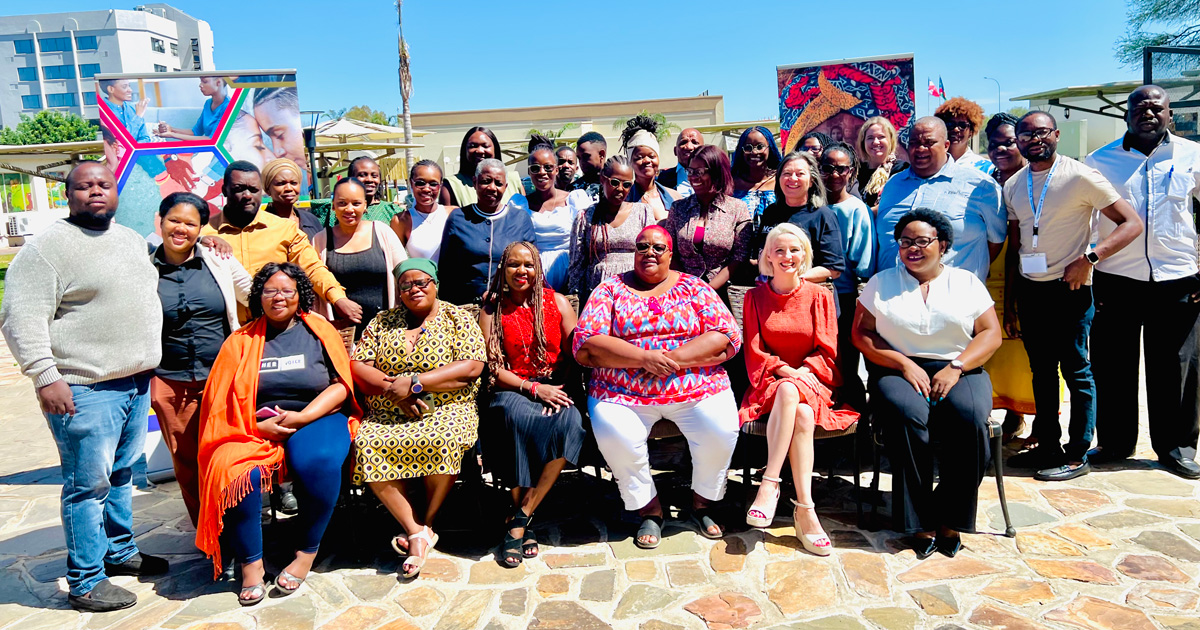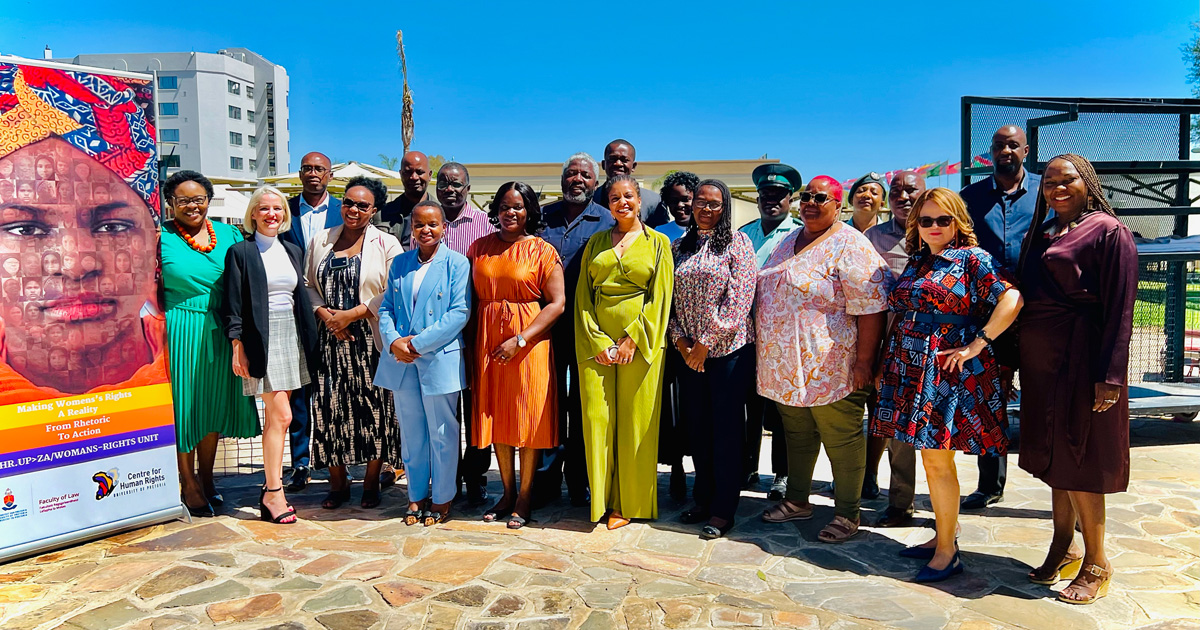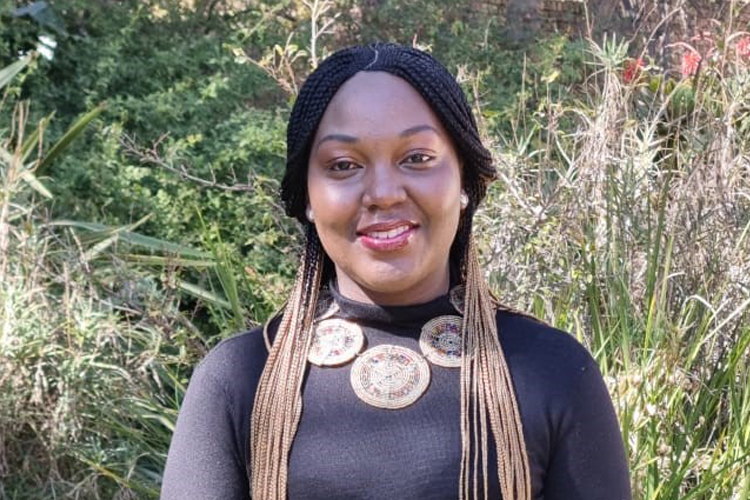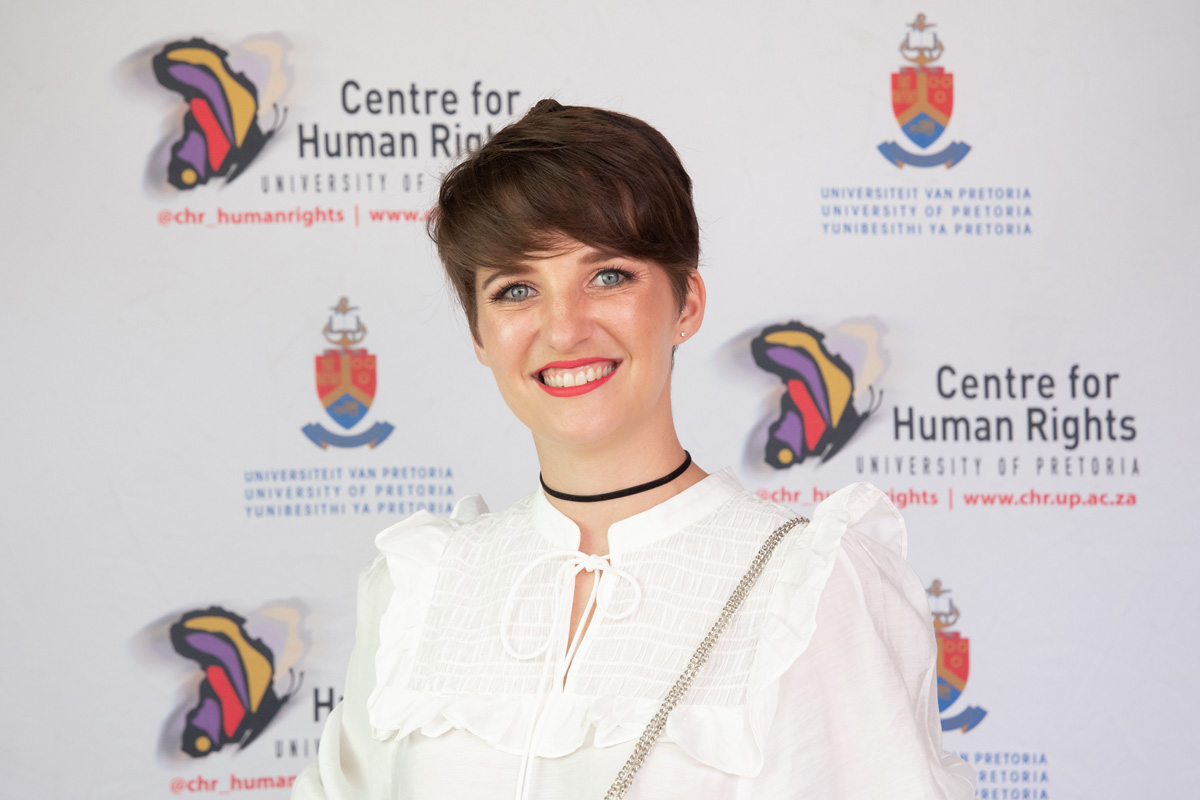On 12th and 14th of November 2024, the Centre hosted two pivotal meetings in Windhoek, Namibia, focusing on advancing the country’s human rights landscape under the African Charter on Human and Peoples’ Rights (African Charter) and the Protocol to the African Charter on Human and Peoples’ Rights on the Rights of Women in Africa (Maputo Protocol). The two separate gatherings brought together civil society organisations (CSOs) and representatives of the State Reporting and Follow-up Inter-ministerial Committee of Namibia including representatives from the Ministry of Gender Equality, Poverty Eradication and Social Welfare, the Ministry of Justice and the Ministry of Defence.
In the CSO-focused meeting, emphasis was on strengthening their capacity to draft and submit shadow reports to the African Commission on Human and Peoples’ Rights (ACHPR). The avenues available for CSOs to engage the African Commission in the state reporting process offer crucial tools to hold governments accountable and offer alternative assessments of states’ compliance with their obligations under the African Charter and the Maputo Protocol. Participants engaged in practical workshop activities that demystified the shadow reporting process, with an emphasis on highlighting gaps in Namibia’s adherence to its commitments to gender equality and sexual and reproductive health and rights (SRHR), amongst others.
The meeting on the 14th focused on the role of governments in addressing and fostering governmental accountability by implementing the recommendations provided by the ACHPR upon review of its State Party Report. The discussions illuminated the importance of translating these recommendations into actionable policies and programmes.

Participants in the CSO Shadow Reporting meeting held in Windhoek, Namibia on 12 November 2024
A Nation on the Brink of Political Transformation
These meetings took place against the backdrop of Namibia’s upcoming presidential and parliamentary elections on 27 November 2024, one of the most closely watched elections on the continent. The death in office of President Hage Geingob earlier this year has added a poignant dimension to the political landscape, as the nation prepares to elect a new leader. SWAPO’s Vice President Netumbo Nandi-Ndaitwah will make history as the party’s first female presidential candidate. She faces stiff competition from opposition leaders, including Panduleni Itula of the Independent Patriots for Change (IPC), who garnered a remarkable 30% of the vote in the 2019 elections, as well as Job Amupanda of the Affirmative Repositioning (AR) party and Ally Angula, an independent candidate supported by smaller opposition parties.
Notably, this election will see three women among the six leading presidential candidates, signalling progress toward gender parity in political representation. As Namibia charts its path forward, the outcome of this election will undoubtedly shape the trajectory of its democratic governance and human rights agenda.
Persistent SRHR Challenges
While Namibia has made strides in integrating Comprehensive Sexuality Education (CSE) into its national curriculum and aligning family planning policies with international standards, challenges remain. Conservative opposition has stymied efforts to fully integrate SRHR services into the school health programme, leaving gaps in young people’s access to vital education and services. Additionally, issues such as infant abandonment—despite legislative efforts to address it under the Child Care and Protection Act of 2019—highlight ongoing societal and systemic challenges. The restrictive abortion laws further underscore the disconnect between Namibia’s progressive aspirations and its outdated legal frameworks. As highlighted during the CSO and concluding observation meetings, reforming these laws is imperative not only to protect women’s health and lives but also to align Namibia’s legal framework with its commitments under the Maputo Protocol.
Looking Ahead
The outcomes of these meetings underscore a critical need for sustained collaboration between civil society and government to address human rights challenges effectively. As Namibia approaches its elections, the discourse around human rights, gender equality and SRHR will undoubtedly take centre stage. Strengthening civil society’s role in monitoring government performance and advocating for reform will be crucial to ensuring that Namibia’s democratic processes yield meaningful and inclusive progress.
For more information contact
Tel: +27 (0) 12 420 4306
matilda.lasseko-phooko@up.ac.za
Tel: +27 (0) 12 420 4306
bianca.knight@up.ac.za




